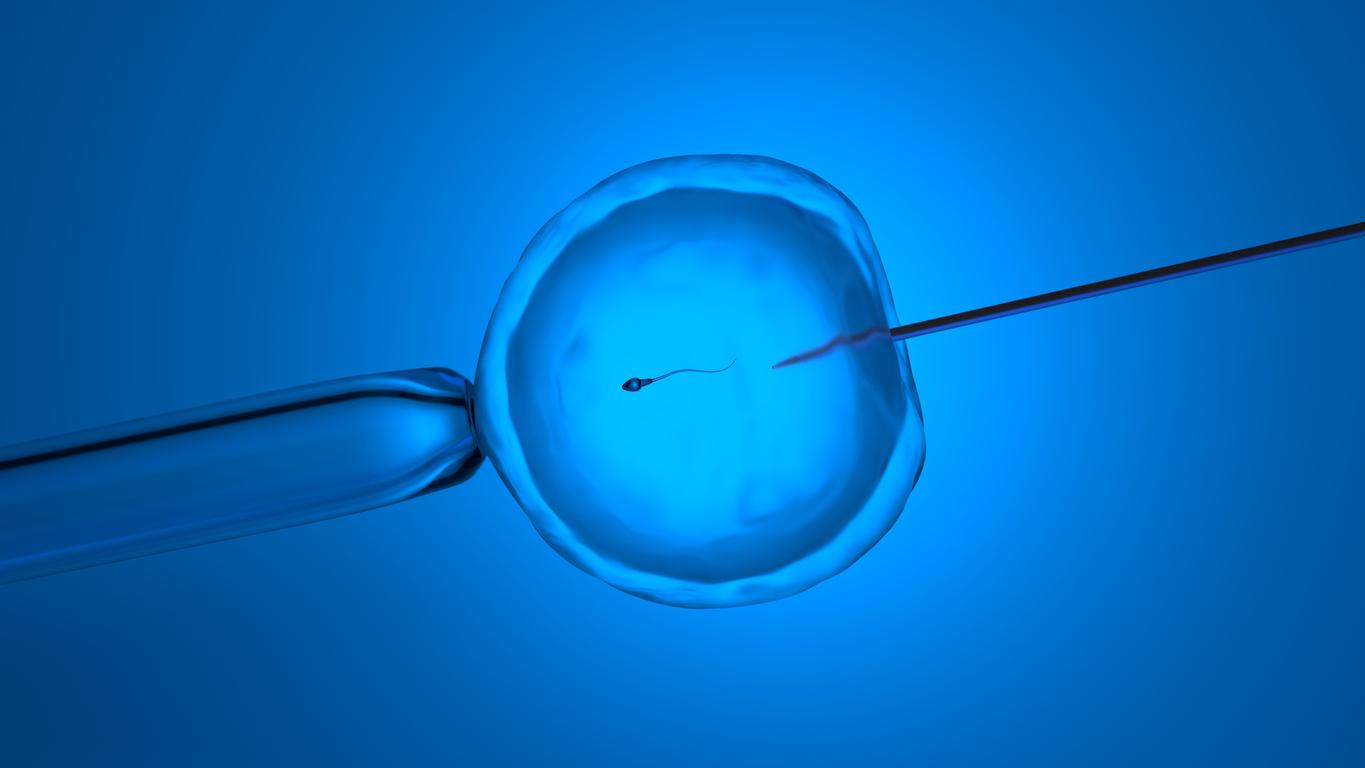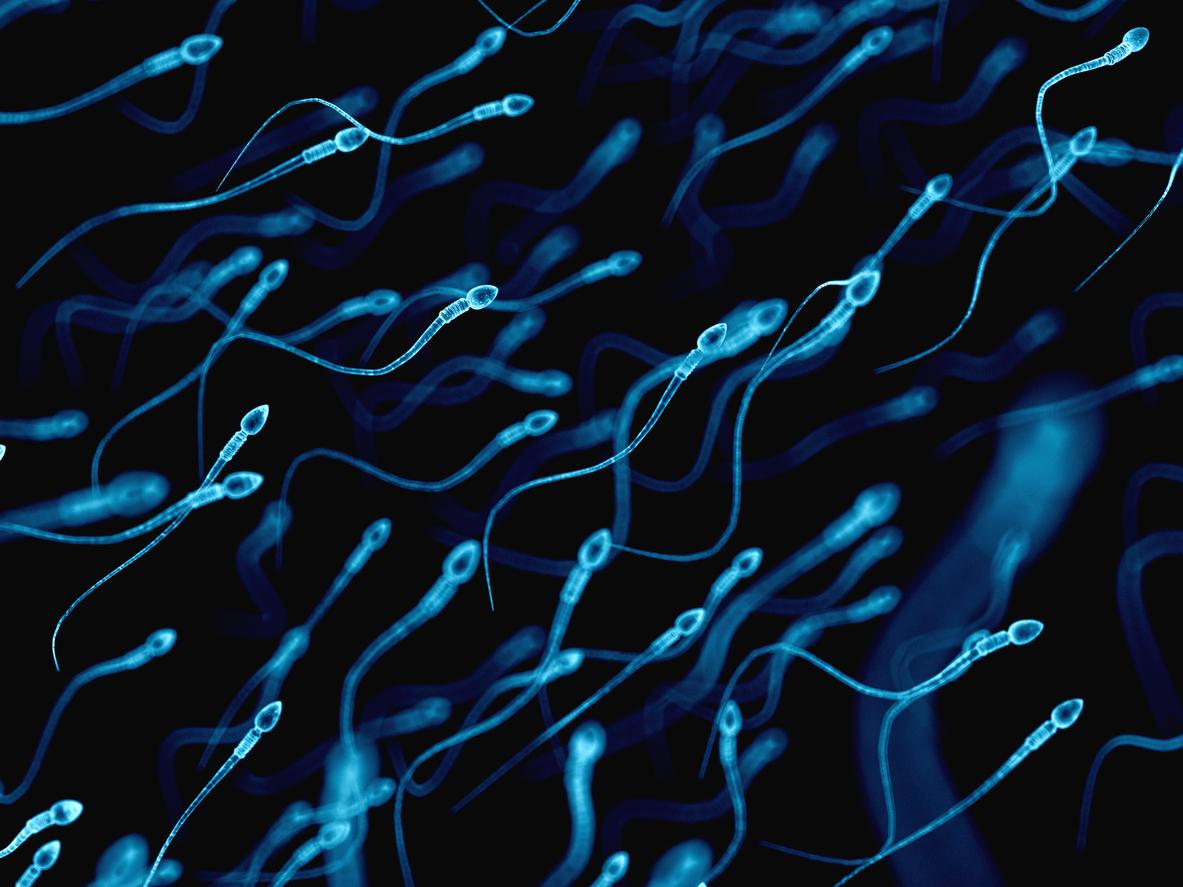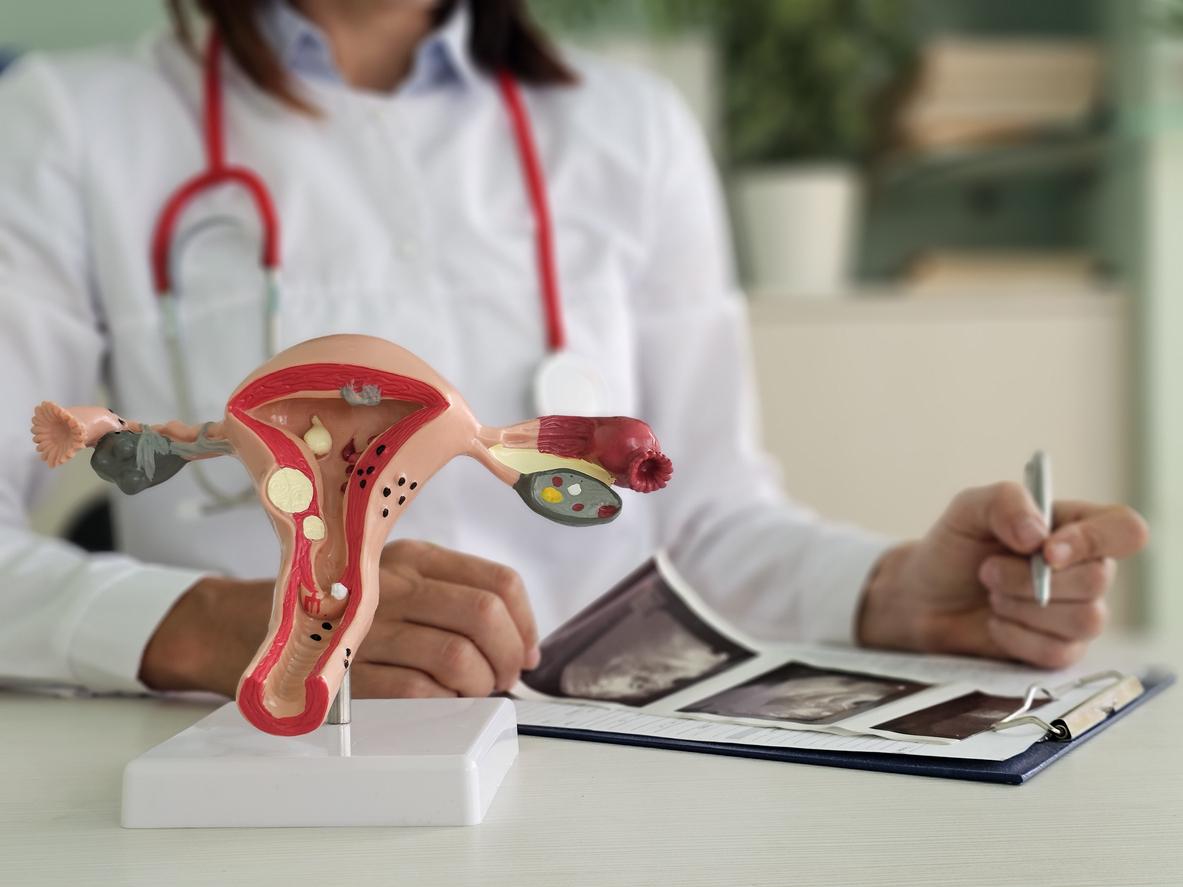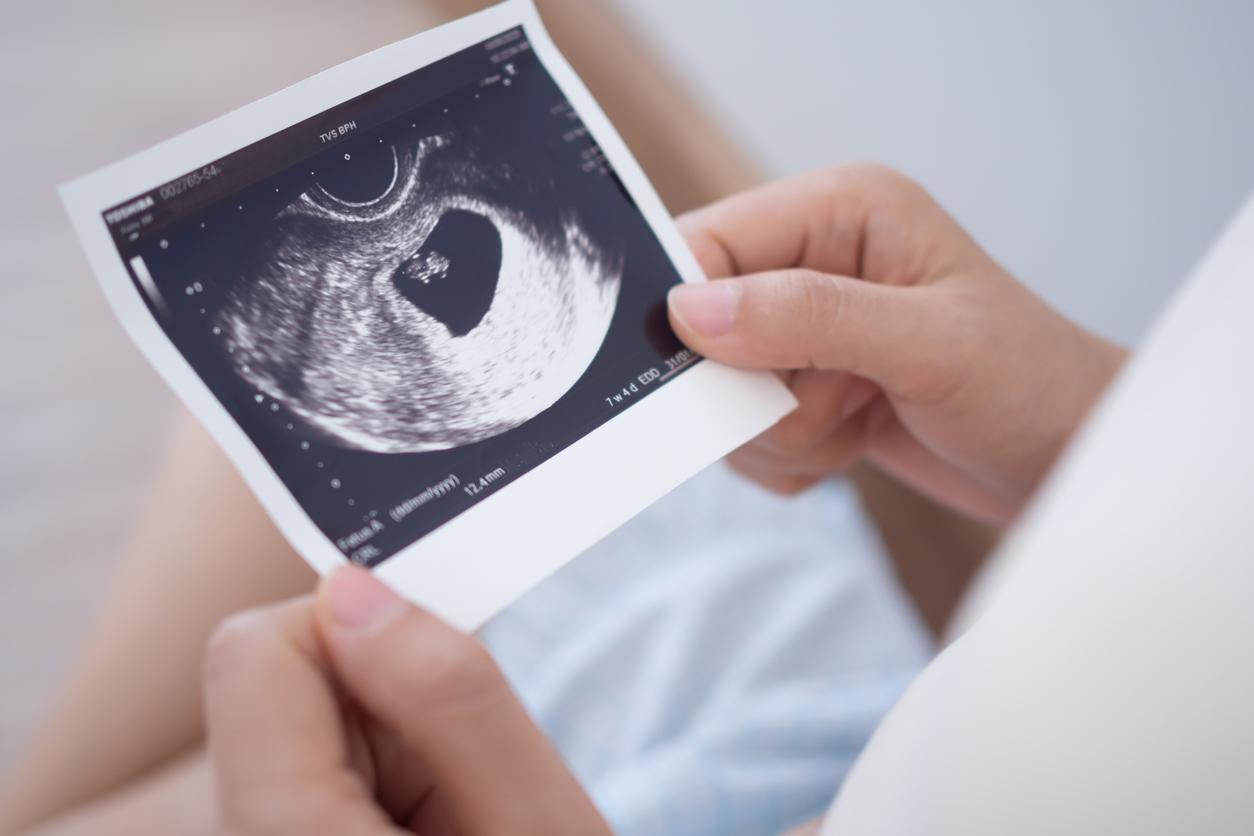As in animals, human eggs choose among sperm that present themselves to them through chemoattractant molecules. It is not always those of the romantic partner. In the long term, this discovery could make it possible to better understand infertility and to propose more effective treatments.

- As in animals, human eggs choose among sperm that present themselves to them through chemoattractant molecules.
- Unfortunately, the eggs are not always interested in the sperm of the romantic partner.
- This discovery suggests that infertility is not necessarily due to the man or the woman but to a chemical incompatibility between the two.
In mammals, female selection to choose a male whose genetic background will ensure the best possible offspring also occurs at a cellular level. We already knew that eggs select the best spermatozoa through chemo-attractant molecules. But this mechanism remained relatively unknown in humans. Today, a new study published on June 10 in the journal Proceeding of The Royal Society B shows that human eggs also choose among sperm that present themselves to them by the same mechanism. With all due respect to the most romantic, the favorite spermatozoa of the eggs are not necessarily those of the romantic partner. Ultimately, this discovery could help to better identify the causes of infertility in the world.
To reach this conclusion, researchers from the University of Stockholm (Sweden) studied the cases of couples who had undergone fertilization in vitro. They recovered the fluid surrounding the egg and the follicles into which it pours its chemo-attractant molecules, as well as the subjects’ sperm. They then observed the behavior of sperm from several donors in front of different follicular fluids.
Result of the observations: sperm respond differently to each follicular fluid. Thus, thanks to the molecules they secrete around them, the eggs attract the spermatozoa of a specific man. “A given woman’s follicular fluid was better at attracting the sperm of a given man, when another woman’s follicular fluid was better at attracting another man’s sperm”explains Professor John Fitzpatrick, of the University of Stockholm and first author of the study.
“The idea that eggs choose sperm is really new”
Thus, unlike the spermatozoon, which has only one objective, which is to fertilize the eggs, whatever they are, the egg carefully chooses the spermatozoon which will fertilize it, whether for its genetic characteristics or for their affinity for the chemo attractants they secrete. And it is clear through this experience that the preferred sperm of the egg is not necessarily the companion of the woman. “This demonstrates that the interactions between eggs and sperm depend on the specific identity of the females and males involved”adds John Fitzpatrick.
“Thus, despite the great freedom of choice of humans before mating, chemosensory communication between gametes retains a role in the selective recruitment of sperm.”, note the researchers in their paper.
“The idea that eggs choose sperm is really new in the field of human fertility”comments Professor Daniel Brison, Scientific Director of the Department of Reproductive Medicine at Saint-Marys Hospital (Montreal, Canada) and lead author of this study.
Improving fertility treatments
“The next essential step is to determine whether these interactive effects between female and male are a common feature of reproduction in mammals, including humans who are not undergoing assisted fertility treatment (although this is difficult on the logistical and ethical plan), and to examine the possibility that the choice of the partner by the gametes influences the quality of the embryo under biologically relevant conditions”they continue.
“Research into how eggs and sperm interact will advance fertility treatments and may eventually help us understand some of the currently ‘unexplained’ causes of infertility in some couples,” Brison concludes.
Approximately 150,000 assisted reproduction attempts each year in France
In France, approximately one in eight couples consults because of difficulties in conceiving a child, according to data from Inserm. According to the Ministry of Health, approximately 150,000 assisted reproduction attempts take place every year. The latter give rise to 25,000 births each year, of which approximately one thousand are from a third party donor. Most heterosexual couples, however, prefer to perform ART with their own gametes. The opening of the PMA to all women, voted at the end of January by the Senate within the framework of the new bioethics bill should increase by 2,000 the recourses carried out each year, according to the estimates of the Minister of Health.
.















